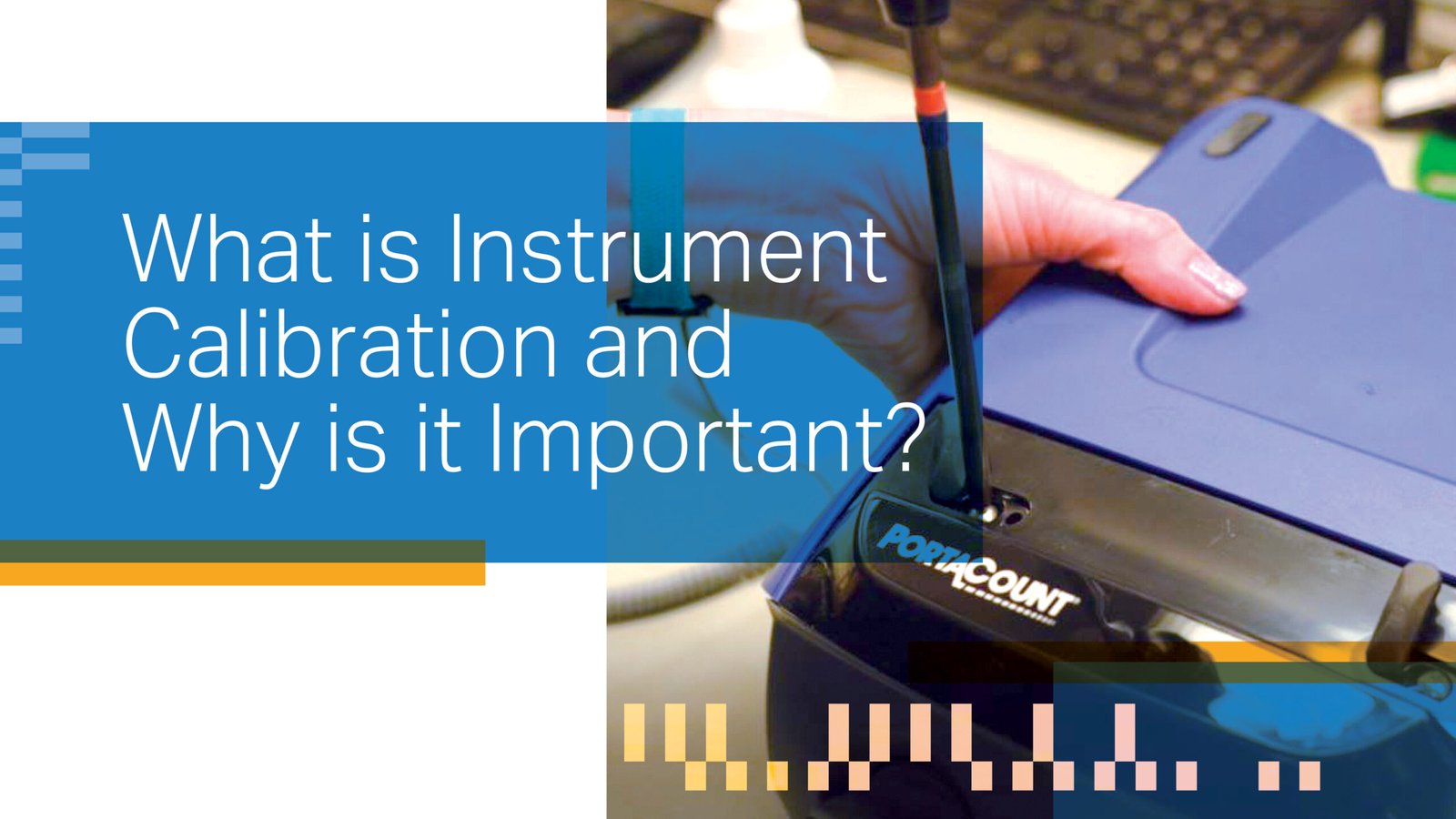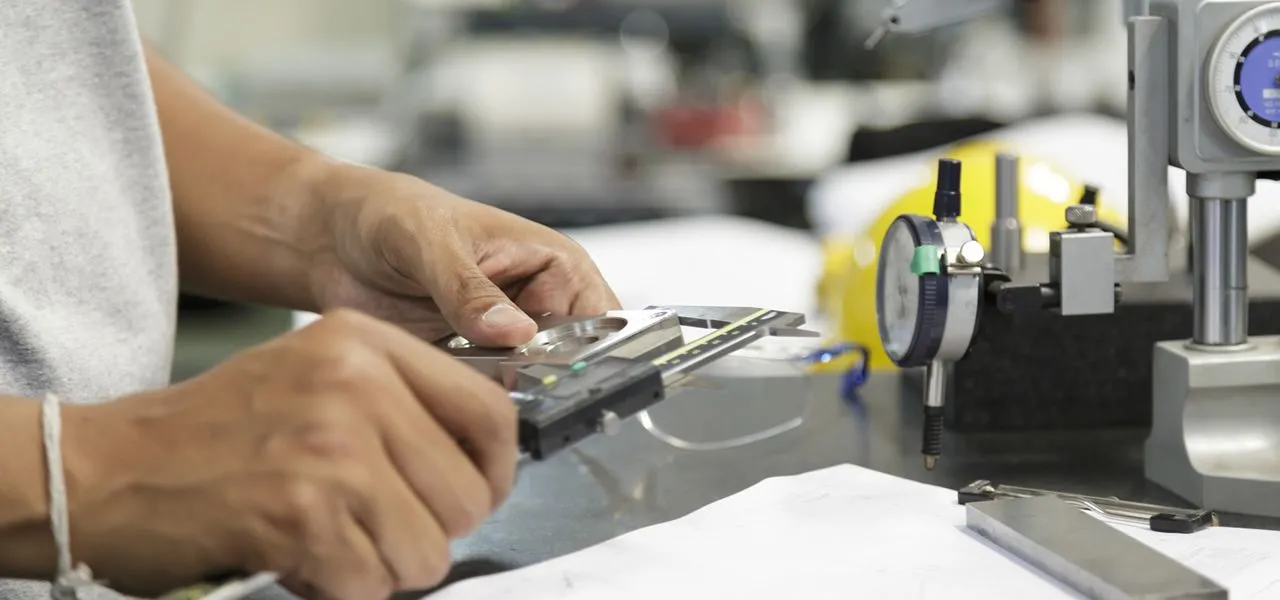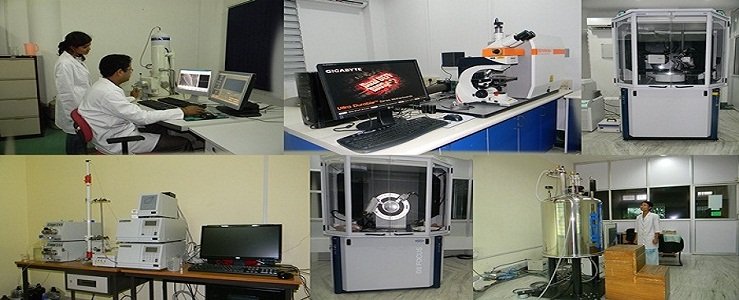The Importance of Calibration in Analytical Instruments
July 23, 2024

Calibration is a critical process in the realm of analytical instruments, ensuring that measurements are accurate, reliable, and consistent. In scientific research and industrial applications, the integrity of data collected by these instruments can significantly impact outcomes, making calibration not just important but essential. This blog explores the importance of calibration in analytical instruments, its benefits, and the consequences of neglecting this vital practice.
Importance of Calibration

What is Calibration?
Calibration is the process of adjusting an instrument to ensure its measurements align with a known standard. This involves comparing the instrument’s output to a reference standard of known accuracy. The goal is to establish a relationship between the instrument’s readings and the true value of the measured quantity, ensuring that the instrument operates within specified tolerance limits. Regular calibration helps maintain the accuracy and precision of instruments, which is crucial for obtaining valid results in laboratory settings and industrial processes.
Importance of Calibration
Ensures Accuracy and Precision: Accurate measurements are foundational to the quality of scientific research and product development. Calibration ensures that analytical instruments provide correct readings, which is essential for making informed decisions. For example, in pharmaceutical manufacturing, precise measurements are crucial for dosing medications accurately, ensuring patient safety and compliance with regulatory standards.
Enhances Reliability of Results: The reliability of data collected from analytical instruments directly impacts research outcomes and product quality. Regular calibration minimizes the risk of errors, allowing researchers and manufacturers to trust their results. This reliability is particularly important in fields such as environmental monitoring and food safety, where incorrect measurements can lead to serious consequences.
Compliance with Regulations: Many industries are governed by strict regulations that mandate the calibration of instruments to ensure safety and quality. For instance, laboratories must adhere to ISO standards, which require regular calibration of measuring devices. Compliance not only helps avoid legal issues but also enhances the credibility of the laboratory’s results and processes.
Extends Equipment Lifespan: Regular calibration can help identify potential issues with instruments before they lead to significant problems. By ensuring that instruments are functioning correctly, calibration can extend their operational life, reducing the need for costly repairs or replacements. This proactive approach contributes to overall cost savings for laboratories and industries.
Reduces Risks of Hazards: Inaccurate measurements can lead to hazardous situations, especially in laboratories dealing with chemicals and biological materials. Calibration helps mitigate these risks by ensuring that instruments provide accurate readings, thereby preventing accidents such as chemical spills or incorrect dosage in medical applications.
Facilitates Quality Control: Calibration is an integral part of quality control processes in manufacturing and laboratory environments. By maintaining the accuracy of analytical instruments, organizations can ensure that their products meet quality standards consistently, enhancing customer satisfaction and trust.
Consequences of Neglecting Calibration
Failing to calibrate analytical instruments can lead to a host of problems, including:
Inaccurate Data: Uncalibrated instruments may produce erroneous results, leading to incorrect conclusions and potentially harmful decisions in critical applications such as healthcare and environmental safety.
Increased Costs: Inaccurate measurements can result in wasted materials, time, and resources, ultimately affecting profitability. Companies may face increased operational costs due to product recalls or rework caused by faulty measurements.
Legal and Compliance Issues: Non-compliance with calibration regulations can lead to legal repercussions, fines, and damage to a company’s reputation. Regulatory bodies may impose penalties on organizations that fail to adhere to required calibration practices.
Conclusion
The importance of calibration in analytical instruments cannot be overstated. It is a fundamental practice that ensures accuracy, reliability, and compliance in various scientific and industrial applications. By investing in regular calibration, laboratories and industries can enhance their operational efficiency, maintain product quality, and ensure safety. As technology continues to advance, the role of calibration will only grow in significance, making it a critical focus for any organization that relies on precise measurements.


